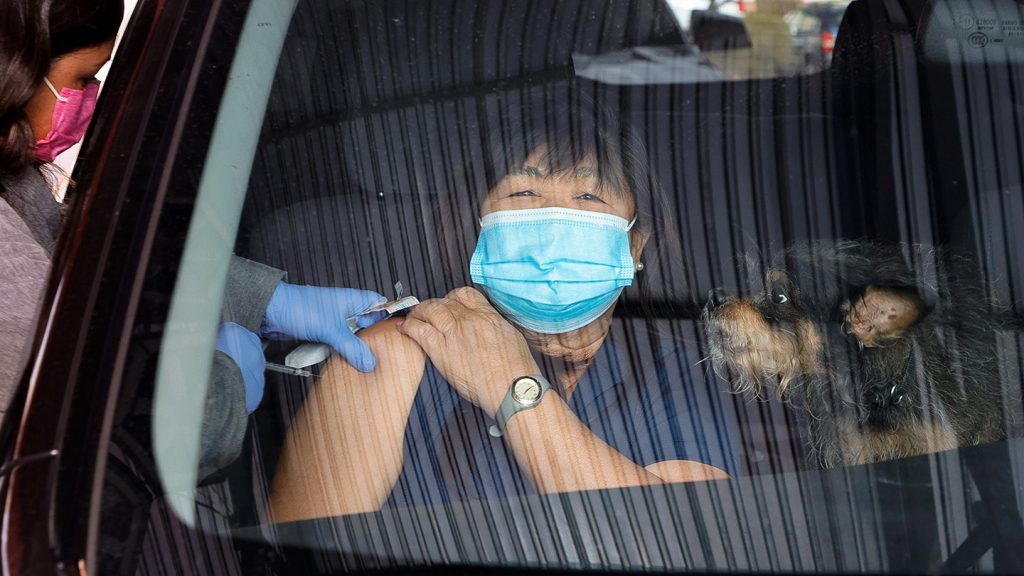The U.S. Department of Veterans Affairs Health Care System conducted a study analyzing COVID infection data from March 2020 to January 2022. The study focused on the rates of long COVID among those who had and had not received the COVID vaccine during three phases of the pandemic. The research found that the rate of long COVID decreased as the virus evolved, particularly among vaccinated individuals. The introduction of vaccines and improvements in medical care contributed to the decline in long COVID cases, with 72 percent of the drop attributed to vaccines.
During the omicron phase of the pandemic, the study found that 72 percent of the reduction in long COVID rates was due to vaccines, with the remainder being attributed to changes in the virus and advancements in medical treatment. Despite the significant decrease in long COVID cases among vaccinated individuals, the researchers emphasized that there is still a risk of long COVID due to ongoing new infections, reinfections, and low vaccination rates. This could potentially lead to a high number of individuals experiencing long-term COVID symptoms.
Trusting News has partnered with Science News to gather feedback on the potential use of AI in journalism. While Science News does not currently publish content generated by AI, they are interested in hearing views on how AI could be used responsibly in journalism. Readers are invited to participate in a short survey consisting of 10 questions to share their opinions on this topic and provide input on how Science News could leverage AI in their reporting.
The analysis of COVID infection data from over 450,000 U.S. veterans highlighted the impact of vaccination on reducing the rates of long COVID. Researchers found that the rate of long COVID decreased as the pandemic progressed, with vaccinated individuals experiencing a lower risk of developing long-term symptoms. The study compared infections from different phases of the pandemic, including the dominance of the delta and omicron variants, to assess the impact of vaccination on long COVID rates.
The researchers emphasized the importance of vaccination in reducing the risk of long COVID, especially in the face of continued new infections and reinfections. Despite the decline in long COVID cases among vaccinated individuals, the researchers cautioned that there is still a risk of long-term symptoms due to ongoing transmission of the virus and low vaccination rates. They highlighted the need for continued efforts to promote vaccination and implement effective public health measures to prevent long COVID and other severe outcomes related to COVID-19.
In conclusion, the study conducted by the U.S. Department of Veterans Affairs Health Care System underscored the importance of vaccination in reducing the rates of long COVID among individuals infected with COVID-19. The research found that the introduction of vaccines, changes in the virus, and advancements in medical care all contributed to the decline in long COVID cases. However, despite the significant decrease in long COVID rates, the researchers warned of the continued risk of long-term symptoms among unvaccinated individuals and stressed the need for widespread vaccination efforts to address this issue.


